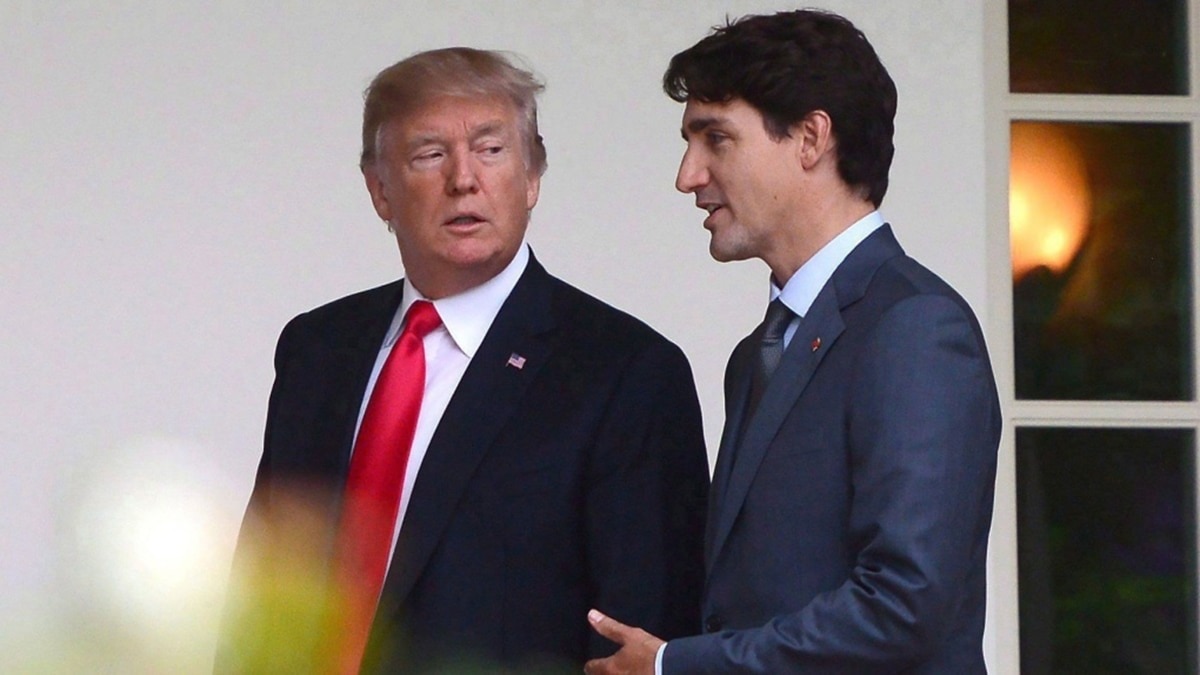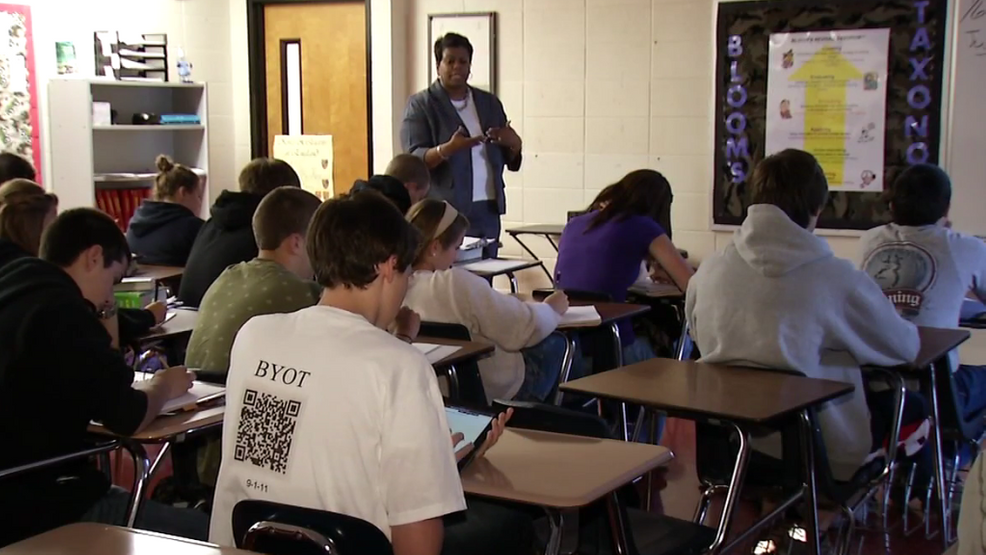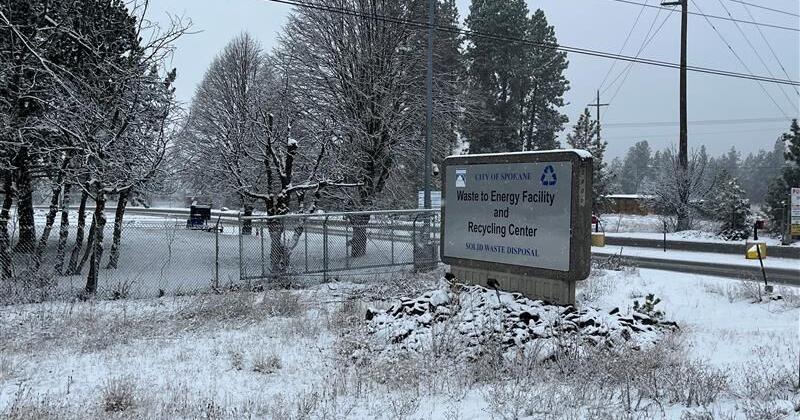
Over the past seven years, the relationship between US President Donald Trump and Canadian Prime Minister Justin Trudeau has been notably strained, primarily due to trade disputes and their starkly contrasting political styles.
Their first face-to-face meeting happened in February 2017, just after Trump took office in his first term. From the beginning, the relationship was off track. The handshake was awkward, and the vibe tense. They had a decent chat and didn’t dive into their differences.
Fast forward a few months, and the cracks started to show at the G7 summit in May 2017. Trump was already isolating himself on the global stage, especially when it came to issues like climate change.
While Trudeau was pushing for stronger action on climate change and international cooperation, Trump refused to back the Paris Agreement, and things started cracking up between the two leaders.
But things went really south in June 2018. Trump imposed hefty tariffs on Canadian steel and aluminium, claiming it was all for national security. Trudeau called the tariffs "insulting" and said that Canada would retaliate.
And sure enough, a full-on tariff war kicked off, with both sides slapping taxes on each other’s goods. That didn’t help the mood between the two leaders, and things got even worse when, at the same time, Trump stormed out of the G7 summit in Charlevoix, Quebec.
After a press conference where Trudeau stood firm on opposing the tariffs, Trump called him "dishonest" and "weak" on Twitter, which added fuel to the fire.
Another flashpoint between the two leaders came in early 2017 when Trump introduced his travel ban targeting several Muslim-majority countries. Trudeau quickly condemned it, tweeting his support for refugees and sending a strong message about Canada's values.
This was another example of how their political priorities were on opposite ends of the spectrum, especially regarding immigration and inclusivity.
Things didn’t get any easier during the Covid-19 pandemic. Although Trudeau wasn’t directly critical of Trump’s handling of the pandemic, he emphasized Canada’s reliance on science and public health, which was in stark contrast to Trump’s more controversial approach and statements.
Now, in 2024, tensions are back in the spotlight. Trump has been threatening a 25 per cent tariff on all Canadian imports. To try and ease the pressure, Trudeau took the rare step of flying down to Trump’s Mar-a-Lago resort for a meeting.
Despite both leaders calling the meeting "productive," there was no real progress on the tariff threat. The meeting touched on border security and drug trafficking, but critics, including Canada’s Conservative leader Pierre Poilievre, said Trudeau looked weak in his negotiations, with no big wins to show for the trip.
There’s also the personal dynamics to consider. Trump often refers to Trudeau simply as "Justin," which some people see as disrespectful. The two have had moments of light-hearted exchanges, but they’re clearly divided on key issues.
At one point, Trump even joked that Canada should consider becoming the 51st State if the tariff situation worsened, which led to some uncomfortable laughs from the Canadian delegation.
The relationship is still tense, and the trade and tariff battles far from over. Trudeau has been under scrutiny back home for handling the situation, especially as Trump’s unpredictability makes international relations tricky.
If these tensions keep escalating, there could be serious consequences for Canada’s economy and its standing on the world stage. But for now, both leaders are trying to navigate this tricky relationship.
Over the past seven years, the relationship between US President Donald Trump and Canadian Prime Minister Justin Trudeau has been notably strained, primarily due to trade disputes and their starkly contrasting political styles.
Their first face-to-face meeting happened in February 2017, just after Trump took office in his first term. From the beginning, the relationship was off track. The handshake was awkward, and the vibe tense. They had a decent chat and didn’t dive into their differences.
Fast forward a few months, and the cracks started to show at the G7 summit in May 2017. Trump was already isolating himself on the global stage, especially when it came to issues like climate change.
While Trudeau was pushing for stronger action on climate change and international cooperation, Trump refused to back the Paris Agreement, and things started cracking up between the two leaders.
But things went really south in June 2018. Trump imposed hefty tariffs on Canadian steel and aluminium, claiming it was all for national security. Trudeau called the tariffs "insulting" and said that Canada would retaliate.
And sure enough, a full-on tariff war kicked off, with both sides slapping taxes on each other’s goods. That didn’t help the mood between the two leaders, and things got even worse when, at the same time, Trump stormed out of the G7 summit in Charlevoix, Quebec.
After a press conference where Trudeau stood firm on opposing the tariffs, Trump called him "dishonest" and "weak" on Twitter, which added fuel to the fire.
Another flashpoint between the two leaders came in early 2017 when Trump introduced his travel ban targeting several Muslim-majority countries. Trudeau quickly condemned it, tweeting his support for refugees and sending a strong message about Canada's values.
This was another example of how their political priorities were on opposite ends of the spectrum, especially regarding immigration and inclusivity.
Things didn’t get any easier during the Covid-19 pandemic. Although Trudeau wasn’t directly critical of Trump’s handling of the pandemic, he emphasized Canada’s reliance on science and public health, which was in stark contrast to Trump’s more controversial approach and statements.
Now, in 2024, tensions are back in the spotlight. Trump has been threatening a 25 per cent tariff on all Canadian imports. To try and ease the pressure, Trudeau took the rare step of flying down to Trump’s Mar-a-Lago resort for a meeting.
Despite both leaders calling the meeting "productive," there was no real progress on the tariff threat. The meeting touched on border security and drug trafficking, but critics, including Canada’s Conservative leader Pierre Poilievre, said Trudeau looked weak in his negotiations, with no big wins to show for the trip.
There’s also the personal dynamics to consider. Trump often refers to Trudeau simply as "Justin," which some people see as disrespectful. The two have had moments of light-hearted exchanges, but they’re clearly divided on key issues.
At one point, Trump even joked that Canada should consider becoming the 51st State if the tariff situation worsened, which led to some uncomfortable laughs from the Canadian delegation.
The relationship is still tense, and the trade and tariff battles far from over. Trudeau has been under scrutiny back home for handling the situation, especially as Trump’s unpredictability makes international relations tricky.
If these tensions keep escalating, there could be serious consequences for Canada’s economy and its standing on the world stage. But for now, both leaders are trying to navigate this tricky relationship.
{{title}}
source










